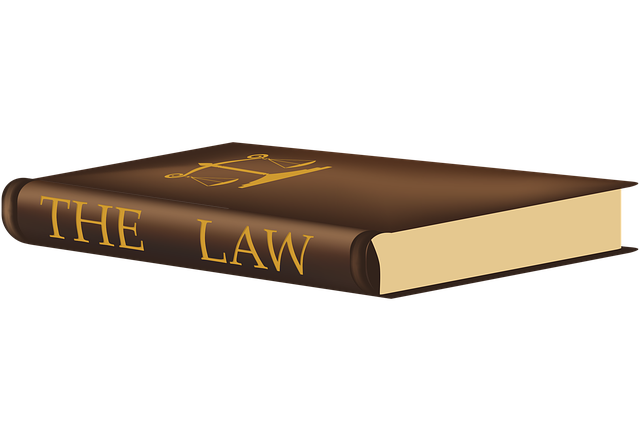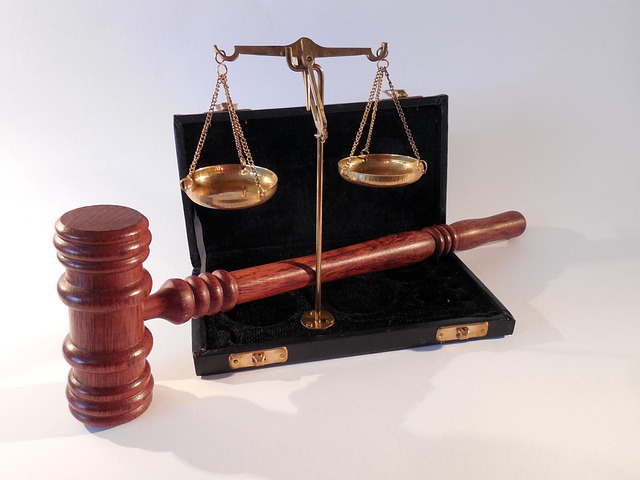Proving damages in defamation cases is a vital process led by legal professionals to secure favorable outcomes. This involves demonstrating false statements with malicious intent or recklessness, resulting in actual harm like reputational damage and business losses. Skilled attorneys utilize comprehensive documentation, expert testimony, and strategic narratives to evaluate financial losses, secure compensation, and ensure tailored justice for diverse clients, including public figures, corporate entities, and private individuals.
Delve into the intricate world of criminal law with a focus on defamation lawsuits. Understanding the key elements of these cases is essential, especially when evaluating financial losses and developing effective strategies for proving damages. This article guides you through the process, offering insights on navigating complex legal terrain to ensure just outcomes in defamation cases. Discover proven tactics for presenting compelling evidence and maximizing compensation, making it a valuable resource for anyone interested in proving damages in defamation cases.
- Understanding Defamation Lawsuits: Key Elements
- Evaluating Financial Losses in Defamation Cases
- Strategies for Proving Damages Effectively
Understanding Defamation Lawsuits: Key Elements

Defamation lawsuits are complex legal matters that require a deep understanding of key elements to prove damages effectively. In criminal law cases involving defamation, establishing harm and quantifying damages are crucial steps towards achieving extraordinary results for both corporate and individual clients. The plaintiff must demonstrate that false statements were made with knowledge or reckless disregard for their truthfulness, causing actual damage to reputation or other tangible harm.
Proving damages in defamation cases goes beyond mere assertion; it involves presenting concrete evidence of the impact on the victim’s life, career, or business. This can include loss of opportunities, diminished credibility, and emotional distress. Legal professionals play a vital role in guiding clients through this process, ensuring that all aspects are thoroughly documented and presented in a compelling manner to secure the complete dismissal of all charges.
Evaluating Financial Losses in Defamation Cases

Evaluating financial losses is a critical aspect of proving damages in defamation cases. In order to secure compensation for victims, it’s crucial to understand the economic impact of defamatory statements. This process involves meticulous documentation and analysis of various factors. Legal professionals must gather evidence demonstrating the loss incurred, whether through diminished reputation, business prospects, or both.
In high-stakes cases, especially those involving general criminal defense and jury trials, assessing financial losses can be complex. The defendant’s intent and the severity of the defamation play a significant role in determining the extent of damages. Skilled attorneys employ expert testimony, market analysis, and historical financial data to substantiate claims, ensuring their clients receive fair compensation for the harm inflicted by false statements.
Strategies for Proving Damages Effectively

When navigating criminal law cases, particularly defamation ones, effectively proving damages is paramount to securing justice. This involves a strategic approach that goes beyond mere financial compensation. It’s about demonstrating the true extent of the harm inflicted, be it reputational loss or emotional distress. Lawyers can leverage an unprecedented track record of successful cases to build a compelling narrative, showcasing their expertise in quantifying and presenting these damages.
Understanding the specific context is crucial—whether the case involves public figures, corporate entities, or private individuals. For instance, in defamation cases affecting philanthropic and political communities, proving damages might require delving into the broader impact on trust and influence. This could involve presenting expert testimony, examining media coverage, and demonstrating how false statements have disrupted networks of support or altered perceptions within these tightly-knit groups. Such an approach ensures that justice is not only served but also resonates with the unique dynamics of each case, catering to diverse clients ranging from corporate and individual entities.
In navigating criminal law cases, particularly those involving defamation lawsuits, understanding key elements and effective strategies for proving damages is paramount. By delving into the intricacies of defamation, evaluating financial losses, and adopting robust methods to demonstrate harm, legal professionals can ensure just outcomes. Proving damages in defamation cases is not merely about numbers but also communicating the profound impact on individuals’ reputations and lives. Armed with this knowledge, those affected by such cases can navigate the legal landscape more effectively, seeking redress for the indelible marks left by false statements.






